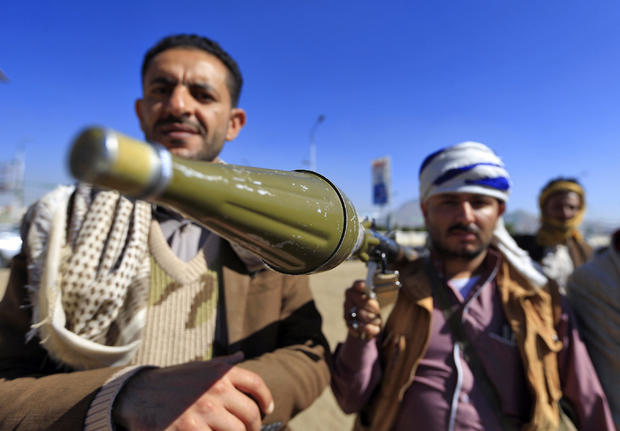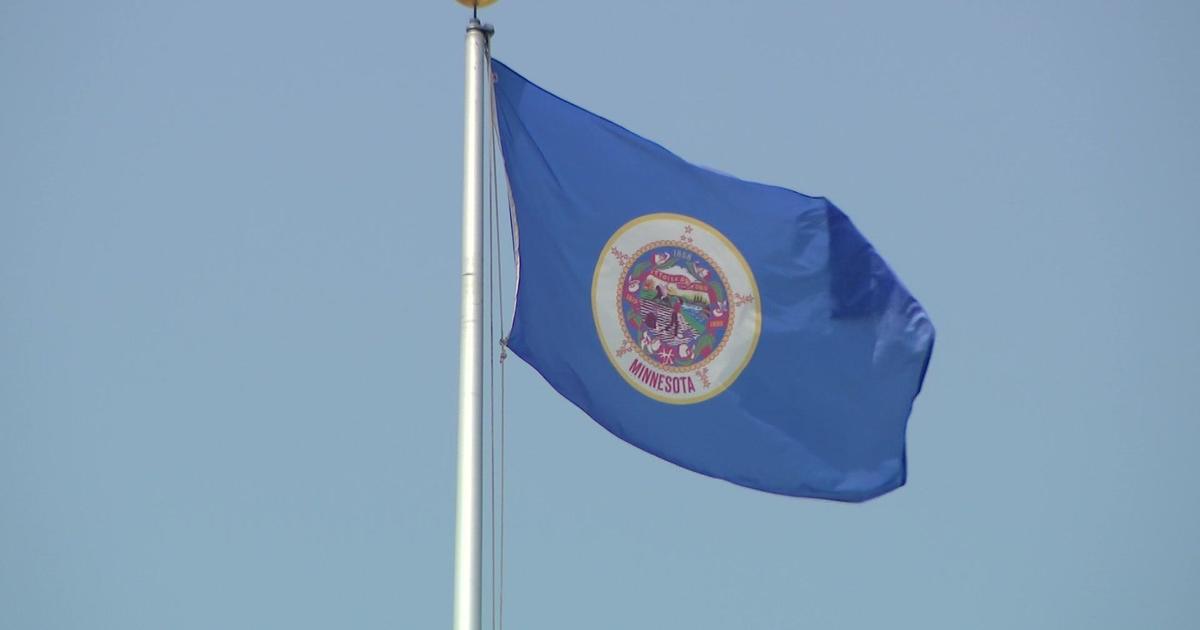World powers vote in bid to bring peace to Yemen
United Nations -- The U.N. Security Council voted unanimously Friday to pass the first resolution in over two years to try to avert famine and bring a ceasefire between warring sides in Yemen. The plan envisions an end to fighting in the port of Hodeida and the withdrawal of fighting forces.
The next step is a swift deployment of a monitoring team, then convening the two warring sides in January.
The United Kingdom sponsored the U.N. measure and the country's ambassador, Karen Pierce, said that "attention must now turn to urgent implementation."
The U.S. added a note of caution.
"Like the Stockholm agreements, this resolution is an important step, but only an initial one," U.S. Political Coordinator Rodney Hunter told the Security Council.
"We will be watching closely," he said.
The U.N. resolution sets out a plan to alleviate the humanitarian crisis in Yemen, calling on the country's government and the Houthi rebels "to remove bureaucratic impediments to flows of commercial and humanitarian supplies, including fuel. It also calls on the parties to ensure "effective and sustained functioning" of all Yemeni ports, and for a mutual withdrawal of fighters from three ports in the country.
It also establishes a prisoner exchange and gives the U.N. chief authority to establish and deploy "an advance team to begin monitoring and to support and facilitate the immediate implementation of the Stockholm agreement."
A ceasefire agreement was reached in Stockholm, Sweden, in mid-December between the Houthi rebels and the Yemeni government.
Sweden's Ambassador to the U.N. Oloof Skoog said the resolution achieved what they hoped.
"The essence is really three points: one is to endorse what was agreed in Stockholm; second is to push for further commitments by the parties to continue working on the issues that are outstanding; and third is to authorize the Secretary-General to move forward on the planning and the monitoring and all the sort of U.N. monitoring part of the implementation of the agreements."
For the first time, there was a sense of cautious optimism among world powers.
France's Ambassador Francois Delattre said there was "strong unity" with the adoption of the resolution.
Steve Taravella, senior spokesperson for the World Food Programme, said the humanitarian organization welcomed the resolution "as a big step forward in bringing an end to the war that has caused so much suffering and hunger."




